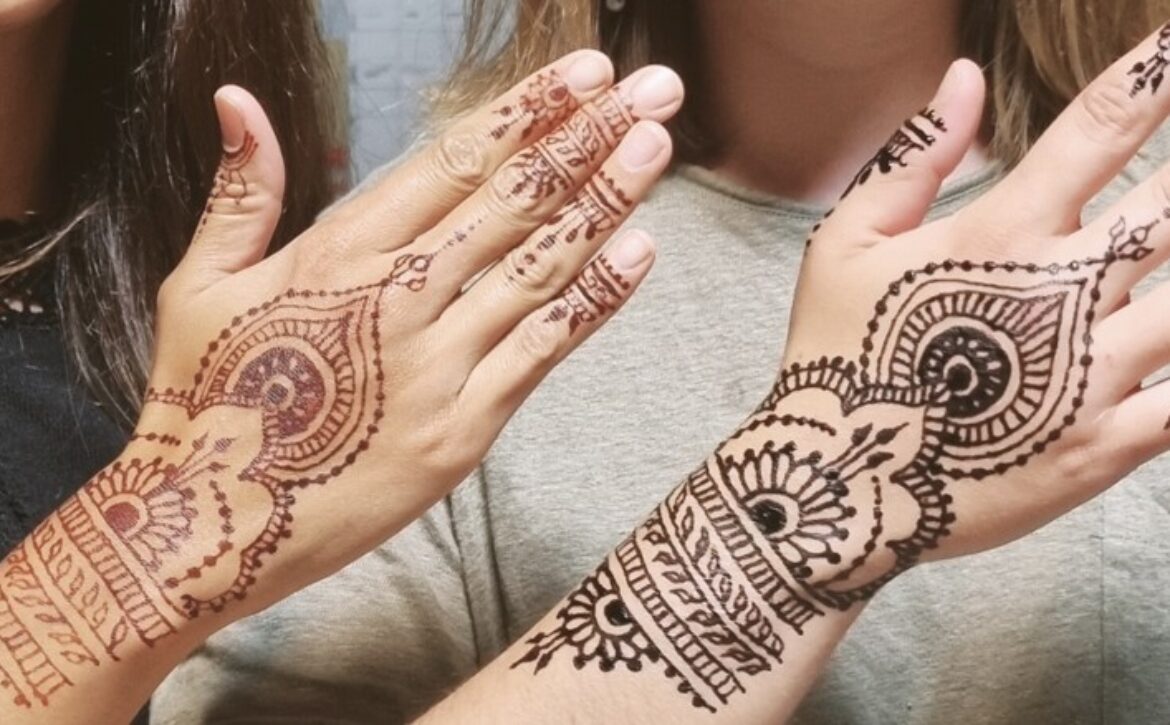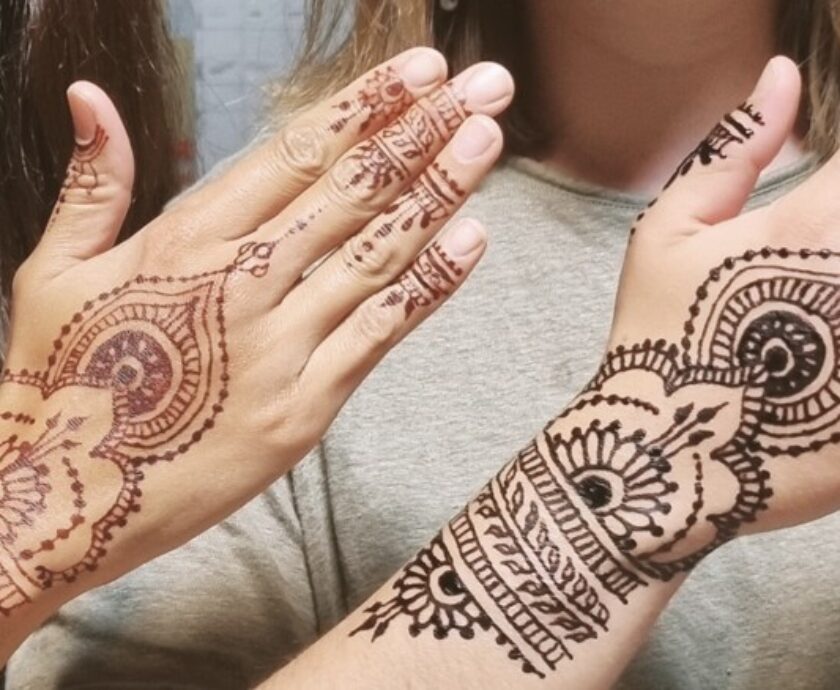
May 27, 2024
On the merits and drawbacks of establishing a women’s space in a project committed to treating everybody equally
In 2023, the team of our intercultural makerspace Habibi.Works in Katsikas, Northern Greece, explored the idea to set up a women’s space within the project’s premises. This idea might not seem overly controversial, yet the team carefully assessed potential unintended, negative consequences, weighing the pros and cons of establishing a gender-specific space in a project that wants to treat everybody equally.




